Protect Your Profits: Simple Steps for Small Businesses to Ensure Payment Security
Tuesday, March 28, 2023

As a small business owner, you're likely busy managing a million different things at once. Between hiring employees, managing inventory, and keeping customers happy, it can be easy to forget about the importance of securing your payment transactions. But with the rise of cyber threats and online fraud, it's more critical than ever to prioritize the security of your payment transactions.
In this blog post, we'll show you how to protect your hard-earned profits with simple and effective payment security practices. From secure payment gateways to fraud prevention measures, we've got you covered. Don't let payment security concerns keep you up at night – read on to learn how to safeguard your business and sleep soundly.
Why is securing payment transactions important for small businesses?
Before we dive into the best practices for securing payment transactions, let's first discuss why it's so crucial for small businesses to prioritize payment security. Here are just a few reasons:
Protecting your customers' financial information: When a customer makes a purchase from your business, they're trusting you with their sensitive financial data. If this information is stolen, it can cause irreparable harm to your customers and damage your business's reputation. By prioritizing payment security, you can show your customers that you take their data privacy seriously and build trust with them.
Compliance with industry regulations: Depending on the industry you operate in, you may be required to comply with specific regulations and standards to protect customer data. For example, if you accept credit card payments, you may need to comply with Payment Card Industry Data Security Standards (PCI-DSS) requirements. Failure to comply with these regulations can result in hefty fines and damage to your business's reputation.
Reducing the risk of financial losses: Cyber attacks can result in significant financial losses for small businesses, including the cost of reimbursing customers for fraudulent transactions. By prioritizing payment security, you can reduce the risk of these losses and protect your business's bottom line.
5 best practices for securing payment transactions in a small business environment
Now that we've discussed why securing payment transactions is so important let's dive into some best practices for doing so. Here are five best practices that small businesses can follow to secure their payment transactions:
Use a secure payment gateway: When choosing a payment gateway, make sure to choose a secure one that uses encryption to protect customer data during transactions. A secure payment gateway should also be compliant with PCI-DSS requirements.
Implement multi-factor authentication: Require customers to verify their identity with a password or security code in addition to their credit card information. This can help prevent fraudulent transactions and protect your business from financial losses.
Monitor transactions for suspicious activity: Regularly monitor your payment transactions for any suspicious activity, such as unusual purchase amounts or multiple failed transactions. If you notice any suspicious activity, investigate it promptly to prevent further fraudulent transactions.
Keep software up-to-date: Make sure that any payment processing software you use is up-to-date and patched against known vulnerabilities. Outdated software can be a major security risk, as hackers often exploit known vulnerabilities to gain access to sensitive data.
Limit access to payment data: Only allow authorized personnel to access payment data, and ensure that they follow strict security protocols. This can help prevent insider threats and reduce the risk of data breaches.
How can small businesses ensure that their payment transactions are secure?
Following best practices is a great start, but how can small businesses ensure that their payment transactions are truly secure? Here are some steps you can take:
Conduct a security audit: Conduct a security audit of your payment processing system to identify any vulnerabilities. You may want to hire a third-party security firm to conduct the audit, as they can often identify vulnerabilities that you may have missed.
Use PCI-compliant hardware and software: Use hardware and software that meets Payment Card Industry Data Security Standards (PCI-DSS) requirements. This can help ensure that your payment processing system is secure and compliant with industry regulations.
Train employees on security best practices: Educate your employees on how to handle payment data securely and regularly reinforce the importance of data security. This can include training on how to recognize and report suspicious activity, as well as how to use secure payment processing software.
Develop an incident response plan: Have a plan in place to respond to security incidents, including how to notify customers and regulators in the event of a data breach. This can help minimize the damage caused by a security incident and show your customers that you take their data privacy seriously.
By taking these steps, you can help ensure that your payment transactions are as secure as possible, reducing the risk of financial losses and protecting your customers' data.
How can you educate your employees on secure payment practices?
Provide training: Provide regular training to employees on secure payment practices, including how to recognize and report suspicious activity. This training should be comprehensive and cover all aspects of payment security, from choosing a secure payment gateway to monitoring transactions for fraud.
Reward good behavior: Implement a rewards program to encourage employees to follow secure payment practices. For example, you could offer bonuses or other incentives to employees who go above and beyond to protect customer data.
Communicate regularly: Regularly communicate the importance of payment security and reinforce the need for all employees to play a role in maintaining it. This can include sending regular emails or holding team meetings to discuss payment security best practices.
By taking these steps, you can help ensure that your employees are equipped to handle payment data securely and understand the importance of payment security.
Wrapping Up
Securing payment transactions is crucial for small businesses. By protecting your customers' financial information, complying with industry regulations, and reducing the risk of financial losses, you can build trust with your customers and protect your business's bottom line. By following best practices, conducting security audits, and educating your employees, you can help ensure that your payment transactions are as secure as possible. Remember, payment security isn't just good business practice; it's essential for protecting your customers and your business.













